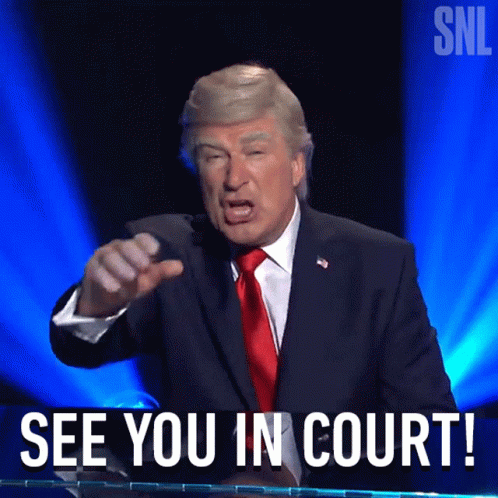Kraken filed a motion to dismiss the November lawsuit from the US Securities and Exchange Commission, arguing that it sets a “dangerous precedent” for the agency’s authority. The exchange claims that the SEC’s lawsuit against Kraken “lacks limiting principles” and grants the agency overly broad powers.
Related: Kraken Review: Features, Fees, Advantages
On February 22, Kraken filed a motion to dismiss in federal court in San Francisco. In a blog post accompanying the motion, Kraken stated:
The SEC’s theory is that an investment contract can exist without a contract, without post-sale obligations, and indeed without any interaction between issuer and buyer.
The theory, it said, “lacks limiting principles” and would give the SEC “unbounded authority over trading and potentially open the floodgates to securities law lawsuits,” the filing states.
This would turn a broad array of ordinary assets or goods, such as sports memorabilia, collectible cards, luxury watches, or even diamonds, into securities.
Kraken and SEC Mess
Last year, the SEC took Kraken to court, alleging that the company unlawfully pocketed millions of dollars from transactions involving “crypto assets and securities” and provided services as an “exchange, broker, dealer, and clearing agency” without registering with the agency “as required by law.”

The agency also accused Kraken of having lax internal controls, resulting in client assets totaling $33 billion being mixed with business funds.
In its motion, Kraken argued that the SEC can’t claim that cryptocurrencies traded on the exchange constitute “investment contracts” under US securities laws because there was no agreement between Kraken’s clients and the cryptocurrency issuers.
Kraken hasn’t been involved in any joint ventures with issuers. And Kraken’s clients couldn’t reasonably expect profits from the issuers’ efforts,” it claims.
It also argued that the SEC’s definition of security could encompass “securitizing” any simple asset sale with a speculative purpose, such as comics and baseball cards,” and securities laws “never gave the SEC […] such immense powers.”
Other crypto firms, including Binance, Coinbase, and Terraform Labs, have cited this doctrine in their attempts to fend off SEC lawsuits.
The US Congress is discussing how to regulate cryptocurrency, and numerous bills regulating the industry are at various stages of development.
Last May, Kraken testified before congressional hearings on cryptocurrency regulation, stating that existing laws are inadequate and that a framework is needed to limit the SEC’s authority and expand the powers of the Commodity Futures Trading Commission to cover exchanges.
“The next day, the SEC called Kraken and said they were going to sue,” the exchange’s latest documentation states. “And that complaint followed.”
Kraken added that the case should be dismissed due to the doctrine of primary jurisdiction – a Supreme Court ruling from 2022 stating that Congress seeks to enact laws rather than delegate regulatory authority to regulatory agencies.
More Info:
- XRP Rises from the Ashes and Becomes 4th Largest Crypto
- Market Manipulation or Expert Analysis? SEC ETF Drama and Jihan Wu’s Influence
The legal battle between Kraken and the SEC highlights the complexities and uncertainties surrounding cryptocurrency regulation in the United States. While Kraken has fiercely defended itself against the SEC’s charges, citing potential abuse of power and a lack of clear regulatory boundaries, the outcome of this legal battle could have far-reaching consequences for the broader crypto industry.
Disclaimer: All materials on this site are for informational purposes only. None of the material should be interpreted as investment advice. Please note that despite the nature of much of the material created and hosted on this website, HODL FM is not a financial reference resource and the opinions of authors and other contributors are their own and should not be taken as financial advice. If you require advice of this sort, HODL FM strongly recommends contacting a qualified industry professional.






